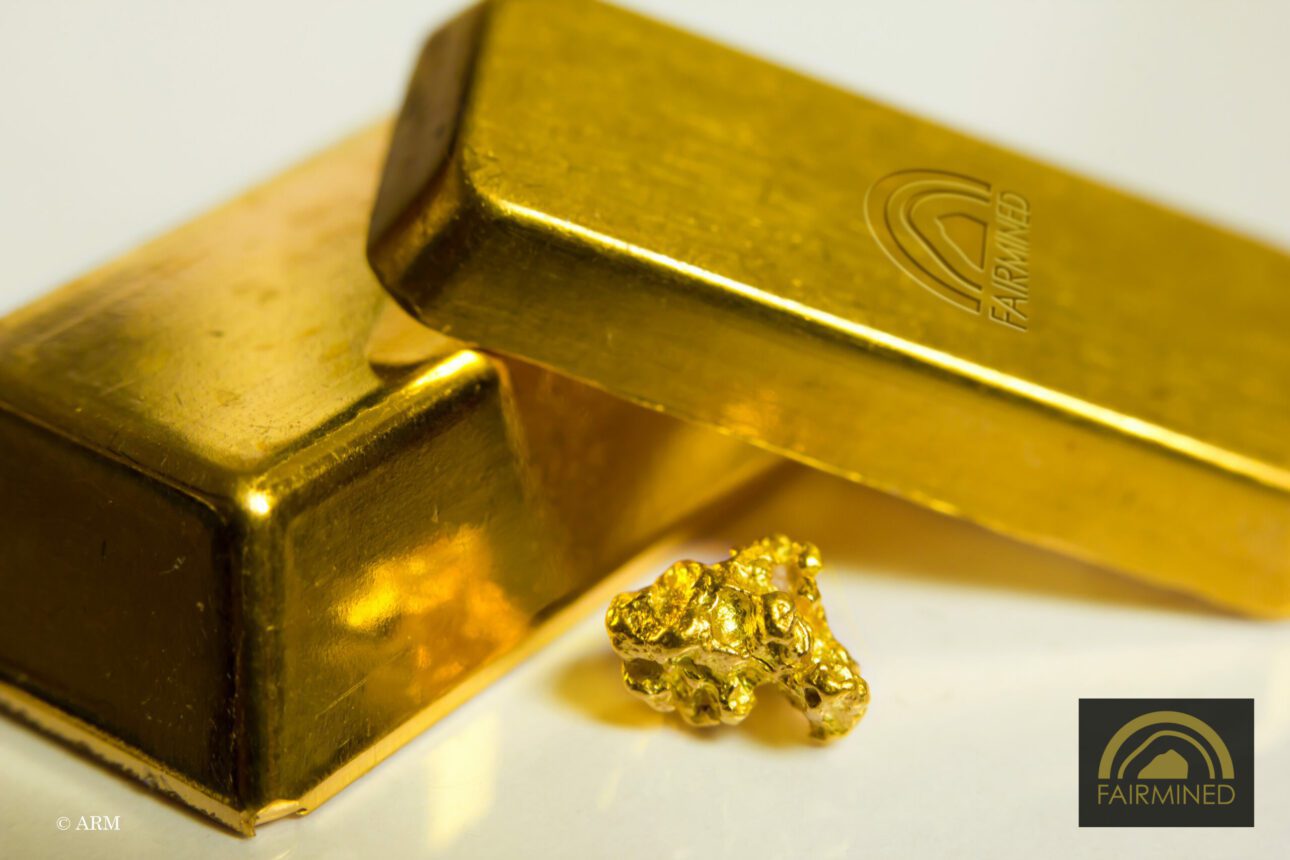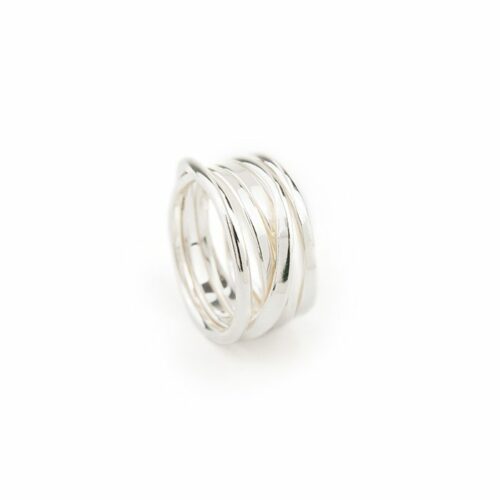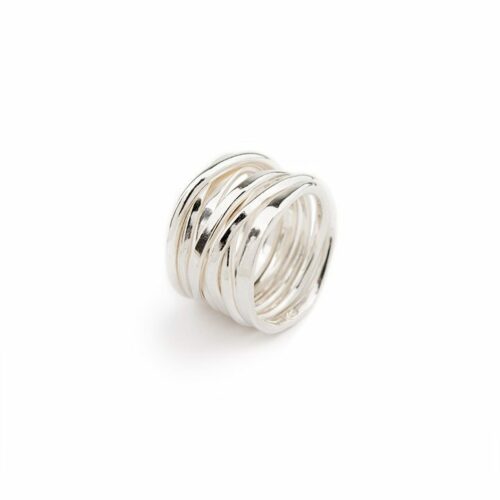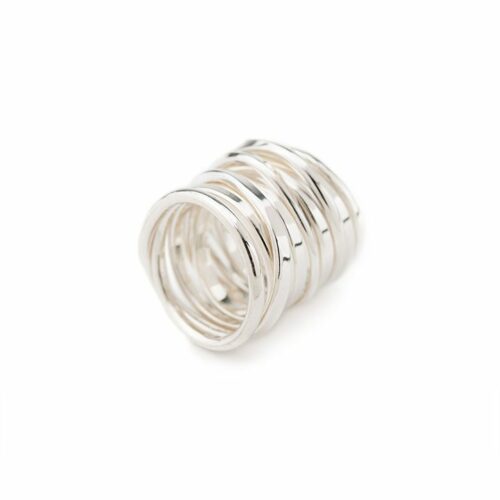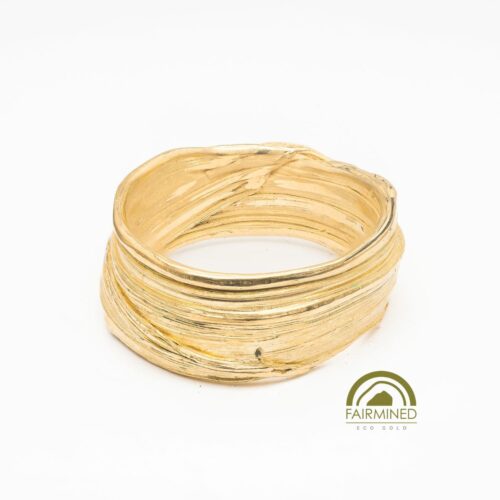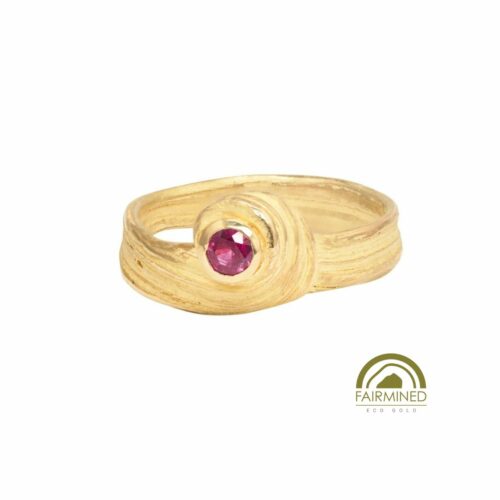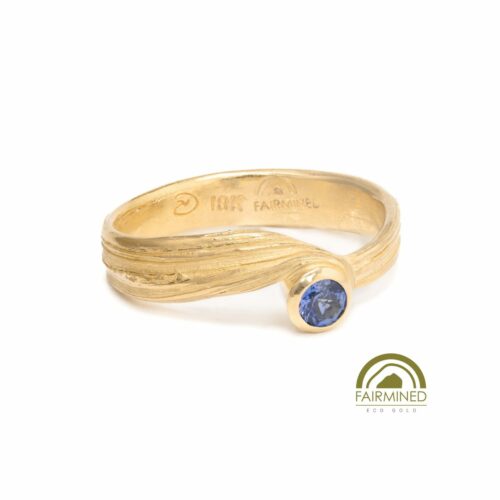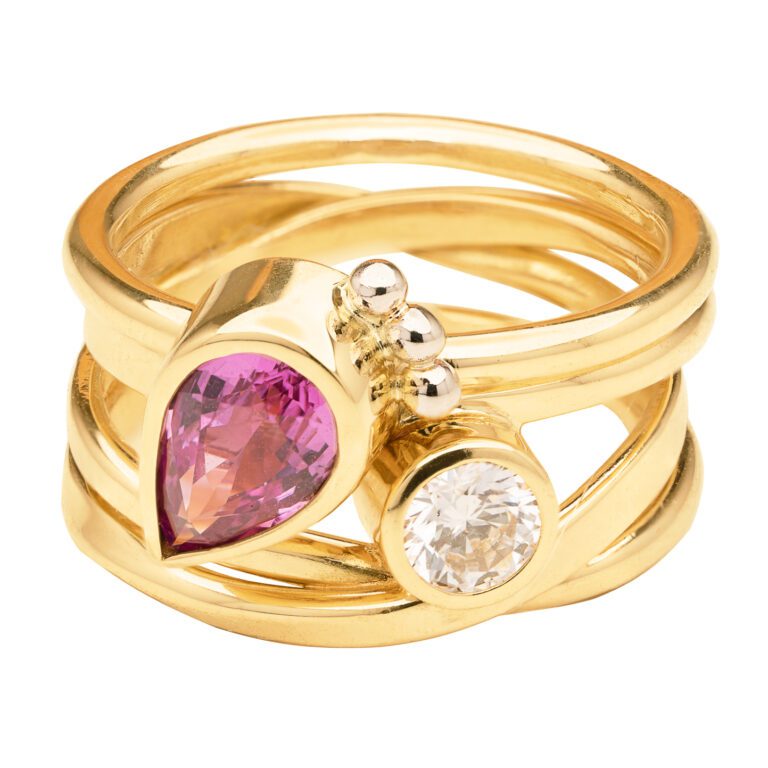Recycling was cool.
Remember when recycling was the coolest thing? We were feeling ok about using plastic copiously, because we could recycle it.
Remember when buying something made from ‘recycled plastics’ made you feel kinda good?
And then we found out what tremendous amounts of resources are required to recycle stuff.
Then we learned about reducing and re-using.
Similarly, it made me feel good to work exclusively in recycled gold and silver since I started, over 20 years ago.
And similarily, I have learned that this designation simply doesn’t cut it any more. Not alone, on its own.
But let me back up.
When we think of recycled, we essentially think of post-consumer recycled: an article has been used, and after its lifecycle, is being transformed into something new. This, naturally, reduces production or extraction of further materials, which in turn mitigates harm to the environment. Splendid!
We see this with glass and plastics. You can now even buy clothing made from recycled wool or cashmere, unravelling what has been made before.
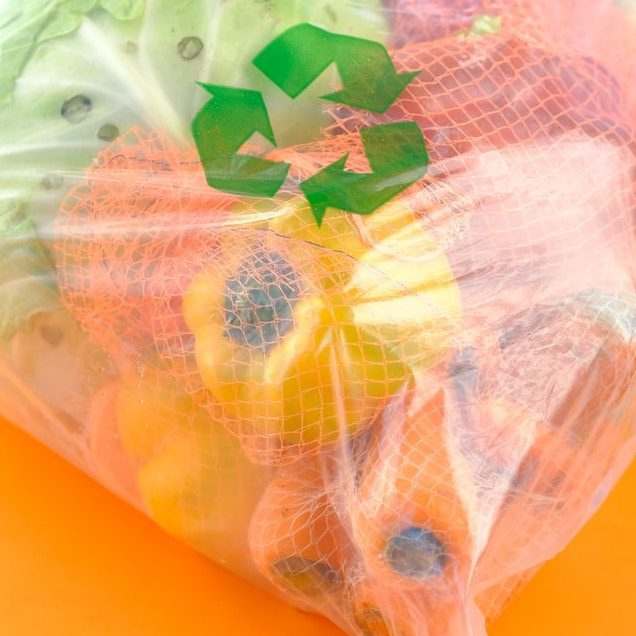
With precious metals, however, this is entirely different: recycled precious metal means that the metal was in one form (for example nuggets or flakes), and – by application of tremendous heat, aka melting – is made into a new form: a gold ingot or wafer. Or casting grain. Or wire.
Goldsmiths have done this quite ordinarily for thousands of years. Obviously, gold is too valuable to trash: every goldsmith collects every bit of it, and sends it to be refined periodically.
When you bring me your heirloom jewels to create a ReBirth ring , I give you credit for the gold value, and later send that gold in for refining. It makes perfect sense.
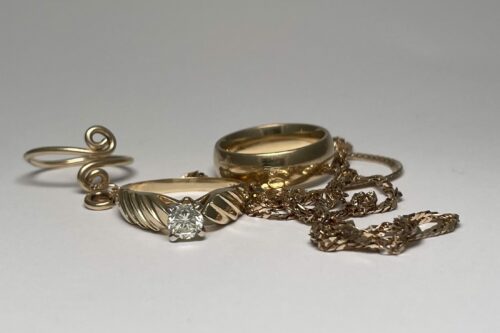
What is Recycled Silver or Gold?
That depends entirely on who you are asking. In essence, recycled gold is any gold which has been re-melted. More officially, which has changed its state from its original state – as it was extracted from the earth – into a new state: refined 999 gold.
That means it could have come straight from the mine. Or be acquired through illegal activity or from conflict areas.
This article by IMPACT will be helpful, if you want to find out more.
So unless it is 3rd-party verified, not all gold at a refinery is sourced ethically. You will know this if you’ve ever had your house robbed and jewellery stolen. Or if you’ve read my article on my visit to the Gold Conference or watched the film The Shadow of Gold.
Is recycled gold more ethical?
The short answer is: no. As mentioned above, recycled silver or gold is precious metal which has been previously melted. So unless it’s straight out of the mine in rough form, it could technically be called ‘recycled’. Mining itself is hugely destructive, unless it is done by Small Artisanal Mines (see my article on *actually* ethical Fairmined Metals).
Unlike recycled other materials, ’recycled’ silver or gold is not precious metal being kept out of the landfill. So please let’s stop calling it that. And especially we need to stop calling it ethical as a rule, without making further inquiries.
I did make further inquiries, and am happy to say that my particular Precious Metals suppliers offer exclusively SCS certified recycled metals (read more about SCS in my article on SCS sustainability rated, climate-neutral diamonds). My suppliers are the exception of the rule.
However, in general, ‘Recycled’ precious metals
- do NOT prevent industrial mining and its destruction
- do NOT necessarily reduce greenhouse gasses
- do NOT decrease mining
- do NOT avoid toxic mining pollutants entering sensitive eco systems
- do NOT reduce tensions between mining companies and indigenous peoples
- do NOT decrease the use of mercury among subsistence artisanal miners
- is NOT necessarily eco-friendly
- is NOT necessarily conflict free
You know what answers YES to the above considerations? Certified Fairmined™ precious metals do.
Having learned what I’ve learned, this is my choice whenever I can. Elsewhere, I choose SCS-007 certified recycled.
OneFooter Series in certified Fairmined Sterling Silver
This is why I am switching my sterling silver OneFooter Series to certified Fairmined sterling silver. I now offer my sterling silver rings in the OneFooter Series exclusively in ethical Fairmined™ sterling silver.
Shop OneFooter Series >
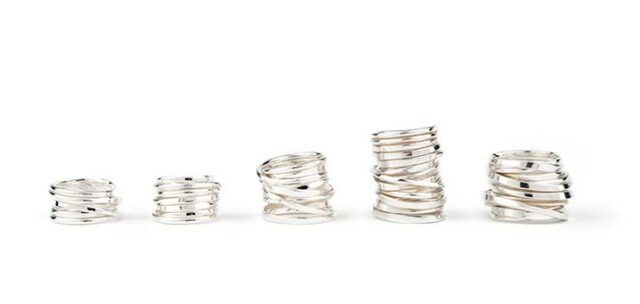
Is recycled precious metal bad?
No, it’s not bad. It’s just not necessarily what it sounds like.
Ethical claims about recycled silver or gold should be carefully examined when you read or hear them.
In preparation for this article, I came across an astonishing amount of published articles naming ‘ethical jewellers’ – almost none of the jewellers mentioned can substantiate this claim once I looked into the fine print.
I was flabbergasted at small makers and large corporations making greenwashing claims about the use of recycled precious metals.
This makes me so sad. How is the well-intended environmentally and ethically conscious consumer supposed to know what they are buying!?
How can I ensure I’m getting the most ethically-sourced metals and other materials?
All I can do is advise this:
Using recycled metals is good, and also – ask further questions when you see the claim that a brand’s jewellery made from ‘recycled’ silver or gold is therefore automatically also sustainable or ethical. Ask questions like these:
- Do you recycle the metals in-house?
- Is the metal post-consumer recycled?
- What is the certification standard of your supplier?
For example: the recycled silver and gold supplier I used to use exclusively, Umicore Precious Metals, have done their homework quite well. Their recycling process is SCS Certified, and adheres to the Responsible Jewellery Council’s standard – about this another time. So their recycled is better than others’ – they have done their due diligence as a refinery.
This stuff is hard to sift through, but truly ethical goldsmiths should have dug their teeth into it before making claims. They should ask their suppliers lots of questions all the time.
And you should ask your jewellers lots of questions.
And we should all ask our grocery store lots of questions about their sourcing, too.
This is how change is made.
My ethically sourced gold and silver
Iquira, mentioned in the video below, also produces the silver used in my rings:

